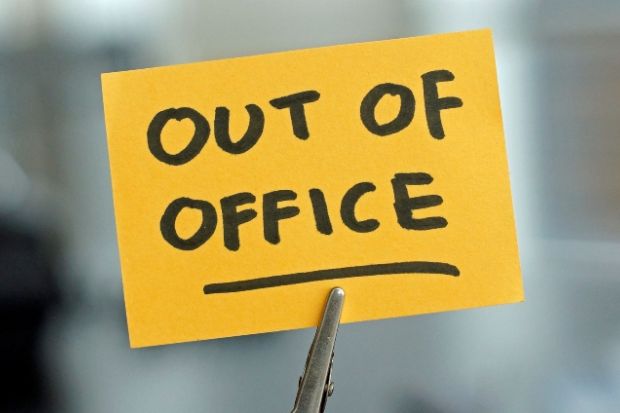Cleaners, administrators, librarians and security workers have voted to strike at 22 UK universities, adding to the potential disruption facing students in the new academic term.
Unison has confirmed the results of its strike ballot, with branches including those at King’s College London, SOAS University of London, Liverpool John Moores University and the universities of Brighton, Glasgow, Leeds and Bristol among those securing a mandate for industrial action.
The union said it would stage “a series of strikes later in the year” after rejecting a 3 per cent pay rise offer for most staff from the Universities and Colleges Employers Association (Ucea) in May.
Unison – which represents 20,000 non-academic staff at 93 UK universities – had argued alongside the University and College Union (UCU) and other higher education unions for a pay rise of 2 per cent above the retail price index, which increased to 12.3 per cent in July.
It said the proposed offer from employers – which includes a 9 per cent rise for those on the lowest pay bands – “won’t touch the sides of the cost-of-living pressures decimating household budgets”.
The ballot result came days before the UCU opens its own vote on whether to take further action over the pay offer, and other concerns including cuts to pensions run by the Universities Superannuation Scheme (USS).
This could bring substantially more disruption to campuses than previous rounds of industrial action as it is aggregated, meaning that all branches could walk out if the 50 per cent threshold is reached – a target that the general secretary, Jo Grady, said she is confident the union will meet.
Mike Short, Unison’s head of education, said low pay “has been a massive problem for the university sector for over a decade”.
“Staff have become expert at stretching their pay to make ends meet. But the shock of the cost-of-living crisis has pushed many to breaking point,” he added.
“It’s always a very difficult decision to strike, but staff feel they’ve been left with no choice. A 3 per cent pay award is nowhere near enough, and the employers know it. This ludicrously low increase does nothing to ease the financial pressures for thousands of struggling staff.”
Raj Jethwa, Ucea’s chief executive, said the 145 institutions the organisation represented in the pay award negotiations “have done their best to support jobs and staff in very difficult circumstances and against a backdrop of significant cost increases, with most experiencing falling income in real terms”.
He added that it was “disappointing” to see the threat of further industrial action affecting 22 of these institutions and said “isolated strike action over already awarded pay may simply hurt students and staff for no obvious outcome”.
Register to continue
Why register?
- Registration is free and only takes a moment
- Once registered, you can read 3 articles a month
- Sign up for our newsletter
Subscribe
Or subscribe for unlimited access to:
- Unlimited access to news, views, insights & reviews
- Digital editions
- Digital access to THE’s university and college rankings analysis
Already registered or a current subscriber? Login







